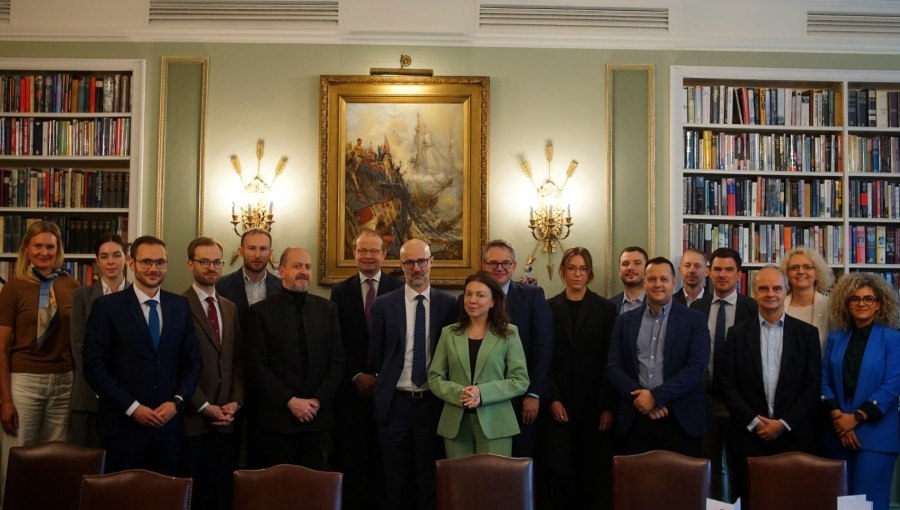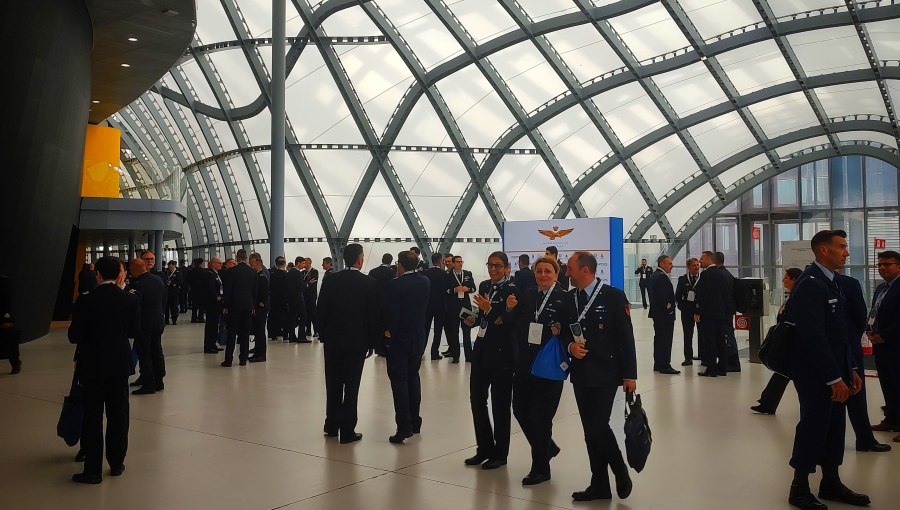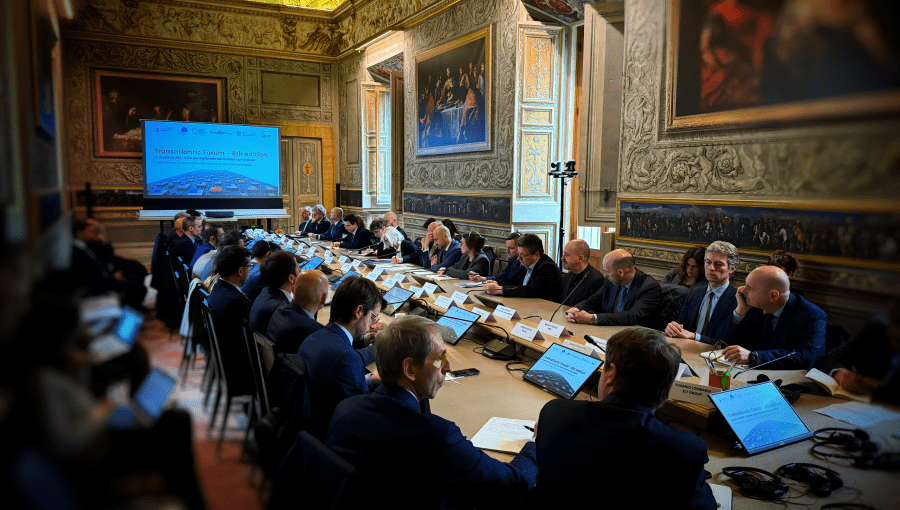Institute of Future and Innovation Studies Director Francesco Lapenta Contributes Chapter to New Book A New Global Deal: Reforming World Governance
Francesco Lapenta, Director of the Institute of Future and Innovation Studies, has contributed to a new book “A New Global Deal: Reforming World Governance”.

The book, prepared for the UN Secretary General and his research team and released ahead of the UN Summit for the Future in New York in September 2024, addresses the urgent need to reform global governance structures. It suggests solutions for handling global challenges such as pandemics, climate disasters, financial crises, food insecurity, poverty, digital transformation, and conflicts. Edited by Maria João Rodrigues and published by the Foundation for European Progressive Studies (FEPS), this book brings together insights from leading European experts and policymakers.
One of the book’s standout chapters is authored by Director Francesco Lapenta. In his contribution, Lapenta explores the concept of digital and technological global governance and the need for a new global deal on technological innovation in preparation for the Summit of the Future. He emphasizes the importance of understanding past events and trends in technological innovation to shape our common AI future and discusses building a competing vision for our technology-driven AI and digital future.
Lapenta’s chapter delves into the historical context of technological innovation and its impact on unequal socio-economic growth. He highlights the challenges posed by the centralization of innovation in dominant tech hubs and the resulting inequalities both among and within nations.
The author proposes a new model for innovation and sustainable economic growth for the 21st century. He advocates for decentralizing innovation to foster global technological transformation and sustainability. Lapenta emphasizes the unique opportunities offered by the digital and AI era, suggesting that these technologies could help bridge economic and geographic divides if guided by inclusive global governance.
The chapter also touches on important concepts such as:
- The need for a shared future narrative for technology and digital realms
- A human-centric definition of AI
- Recognition of digital realms and AIs as global commons
- Support for open data as sustainable data based on F.A.I.R. principles
- The emergence of a new global data and AI order
- Innovation decentralization as the basis for equitable and diverse socio-economic development
A New Global Deal” also includes chapters on: Climate and environment Social issues, Digital transformation Trade and supply chains Industrial policy Global financial architecture UN institutions
Contributors to the book include:
Maria João Rodrigues: President of FEPS and former Portuguese Minister, brings extensive experience in European politics and policy-making.
Johannah Bernstein, David Collste, Sandrine Dixson-Declève, and Nathalie Spittler: Associated with Earth4All and The Club of Rome, experts in sustainable development and systems modeling.
Enrico Giovannini: Former Italian Minister of Labor and Social Policies, provides insights on sustainable development goals.
Céline Charveriat: Executive Director at the Institute for European Environmental Policy, focuses on environmental governance.
Azita Berar Awad: Former Director of the Employment Policy Department at the ILO, addresses social contract issues.
Gerhard Stahl: Former Secretary General of the EU Committee of the Regions, discusses global supply chains.
Robert Sweeney: Senior Policy Analyst at TASC, offers insights on industrial policy and sustainable development.
Arancha González Laya: Former Spanish Minister of Foreign Affairs, addresses global trade issues.
Paolo Guerrieri: Professor of Economics at the University of Rome, and Pier Carlo Padoan, former Italian Minister of Economy and Finance, collaborate on global economic governance.
Stefan Collignon: Professor of Political Economy, discusses the governance of global public goods.
Jo Leinen: Former Member of the European Parliament, and Christian Salm, Senior Policy Advisor, jointly address UN reform and global governance for SDGs.
This diverse group of contributors ensures that “A New Global Deal” provides a comprehensive and nuanced approach to the complex challenges of global governance reform, covering key areas such as planetary boundaries, social contracts, AI-driven futures, and economic governance. The book is available for purchase and as a free download, ensuring wide accessibility to these critical ideas.
“A New Global Deal” is a collaborative effort by FEPS and partner organizations, including Earth4All @The Club of Rome, Fondation Jean-Jaurès, Fundación Pablo Iglesias, Friedrich-Ebert-Stiftung, Karl-Renner-Institut, Olof Palme International Center, and TASC. This ensures these important ideas are accessible to a wide audience and can influence the discussions at the UN Summit for the Future.





